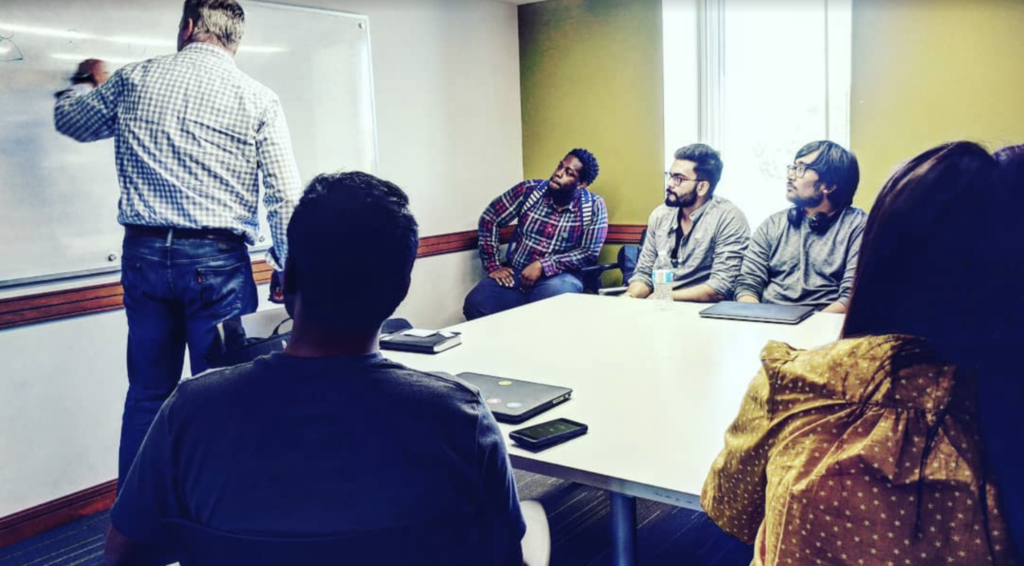When you start a business, it's completely natural to feel a sense of uneasiness when pitching your new idea. The problem with that however is that those feelings tend to encourage us to seek affirmation rather than constructive feedback. When you do receive feedback, make sure to differentiate between feasibility feedback and execution feedback. Feasibility feedback is centered on the person's impressions of the idea's viability. For example: "While the problem you're solving sounds logical, I'm not sure it's actually a priority for the customer you're describing." Execution feedback is focused on actionable insights related to how you can go about testing your concept in the marketplace. "If I were you I would set up a concierge style MVP where you simply try out servicing customers manually before building any tech." Keep on the look out for execution feedback because while your brain is naturally wired to seek out confirmation bias, the most useful feedback is often focused on how to test ideas not whether the person thinks they are any good.

One of the most common and critical pieces of execution feedback I often give is to start looking for sales before you do anything else. Yes when I say do "anything else" I really do mean anything else. Having the perfect product built, establishing distributor relationships, finding office space, hiring a developer, and especially talking to investors, are all a complete waste of time unless you know you have a business first.
New ideas can be super exciting. The emotion around that is often necessary fuel to see the concept through to execution. Setting that aside for a second though, let's look at this rationally. Launching a business isn't about being a visionary with one world changing idea. It's about testing many ideas over and over again until your figure out what works and then doubling down on the most successful practices. It's a very counterintuitive mindset and unfortunately much of popular culture has led us astray as to what the process of entrepreneurship really looks like. To use a poker analogy, you don't go all-in on the first hand you're dealt. You place a lot of small bets on many hands until you find the right one and then you go big.
"Testing" in an entrepreneurial context is referring directly to customer discovery. Testing is not about trying out product features, sending out surveys, creating a focus group among your relatives and Facebook friends, or hiring out the process to some agency. Customer discovery requires entrepreneurs to roll up their sleeves and get their hands dirty speaking directly to potential customers. I can give you my opinion, so can your friends, so can your mentors, so can other investors, but true validation lies in the hands of a paying customer.
Your job as an entrepreneur is to arrive at that result as quickly as possible. Moreover, to arrive at that result with enough consistency that you can identify a pattern to your customers and how to reach them. Once you have figured that out, that's when every other stakeholder will begin to take you seriously.